When Microsoft and OpenAI announced their restructured partnership 2025-10-28, it set off the kind of ripple through Wall Street that makes seasoned analysts reach for their calculators. The deal transforms OpenAI into a public benefit corporation while Microsoft secures a 27% ownership stake worth approximately $135 billion, according to Reuters (and company statements). This is not just another corporate handshake. It is a reset that clears years of uncertainty and cements one of tech’s most strategically significant partnerships.
What makes this hit harder is the history. The new arrangement builds on a relationship that began with Microsoft’s initial $1 billion investment in 2019, The Manila Times reports. The agreement has already cleared regulatory hurdles, as confirmed by both companies, eliminating a major overhang that had complicated strategic planning for months.
Why Mizuho sees this as a game-changer for Microsoft
Here is where the investment case sharpens. Mizuho analyst Gregg Moskowitz kept his Buy rating and $640 price target on Microsoft; TipRanks/MarketBeat summarize analyst coverage on Microsoft stock, calling the restructuring a “win-win” that preserves Microsoft’s revenue share, intellectual property rights, and Azure exclusivity until artificial general intelligence, AGI, is achieved, TipRanks reports.
The mechanics behind that optimism are simple and, frankly, massive. OpenAI has committed to purchasing $250 billion worth of Azure cloud services, as reported in Reuters / company statements. That is not just visibility into future revenue, it is a runway. Pair that with projected year-over-year growth of 25 to 37% in Microsoft’s Intelligent Cloud segment, according to AInvest, and the commitment effectively underwrites a large slice of Microsoft’s expansion path.
The intellectual property piece is equally important. Microsoft’s IP rights now extend through 2032, covering current models and future AGI developments, The Manila Times confirms. In practice, that positions Microsoft to thread OpenAI’s newest capabilities into Office 365, Azure, and enterprise tools while rivals scramble to build or bargain for something comparable.
What Microsoft gains and loses in the restructuring
Tactically, the picture is clear. Microsoft keeps exclusive rights to OpenAI’s API on Azure and retains IP protections until 2032, Economic Times reports. More quietly, and more strategically, Microsoft gains the freedom to pursue AGI development on its own or with other partners, according to Sherwood News. That flexibility turns the company from a dependent partner into a hedger with multiple routes to AI leadership.
There were tradeoffs. Microsoft gave up its right of first refusal to provide some OpenAI compute services, Economic Times notes, which lets OpenAI mix and match cloud infrastructure. Microsoft’s IP rights also exclude OpenAI’s consumer hardware efforts, including products in development with designer Jony Ive, as reported by Economic Times.
Operationally, both sides get room to move. API products stay exclusive to Azure, but non-API products can run on any cloud provider, Times of India explains. OpenAI gains scale without losing speed, and Microsoft holds the most valuable distribution lanes. The AGI verification mechanism is now more objective too. If OpenAI claims AGI, an independent expert panel must verify it, Economic Times reports. Cleaner process, fewer conflicts.
The broader implications for Microsoft’s AI strategy
This restructuring casts Microsoft as the infrastructure backbone for the next wave of AI, well beyond cloud line items. Think of it as an AI supermarket strategy, hosting more than 1,900 models while keeping privileged access to OpenAI’s cutting-edge tech, AInvest analysis shows. OpenAI’s breakthroughs drive demand for Azure, Azure’s scale enables more ambitious research, AInvest notes. Flywheel engaged.
Markets seemed to agree. Microsoft’s shares rose after the announcement (rose 2% and pushed market cap above $4 trillion, Reuters), which helped push its market capitalization above $4 trillion on the same day, AInvest reports. That pop was not just reflex. It reflected conviction that Microsoft can monetize the AI shift across several business lines at once.
Wall Street’s stance is unusually aligned for a company of Microsoft’s size. Analysts keep a Strong Buy, with about 32–35 analyst buy ratings (TipRanks/aggregators), TipRanks data shows. That reads less like incrementalism and more like a bet on step-change growth.
The competitive angle is just as stark. Microsoft’s $135 billion stake, plus Azure’s $250 billion revenue commitment, creates scale advantages in AI infrastructure that are hard to chase, according to AInvest. Threaded integrations of OpenAI tech across Microsoft’s products have already built natural upgrade paths competitors struggle to mirror, The Manila Times confirms.
Revenue projections back it up. The Intelligent Cloud segment is projected to generate $30.2 billion in 2025, with Azure’s AI-driven contribution rising from 12% to 18.7%, AInvest projects.
Where this partnership heads next
The new structure opens multiple acceleration lanes for innovation and growth. By becoming a public benefit corporation, OpenAI sheds capital constraints from the capped-profit model, TipRanks explains. That makes room for initiatives like the Stargate project, which plans to build data centers across the U.S. using Oracle’s cloud services, AInvest details. The two companies can pursue complementary strategies without stepping on each other’s toes.
For Microsoft, optionality is the headline. It can independently develop AGI or work with third parties, as confirmed by OpenAI, while keeping preferential access to OpenAI’s advances. Hedge your bets, keep your leverage, lower execution risk.
Regulators also get a cleaner picture. With both the FTC and DOJ looking at AI competition, AInvest reports, the revised deal gives each company more operational independence even as they keep the benefits of collaboration. That could cool antitrust concerns without gutting the partnership.
The timeline is not overnight, but it is visible. Analysts project that AGI-related revenue for Microsoft could begin materializing by 2030, assuming continued progress in alignment and safety, according to AInvest. That lines up with Microsoft’s IP rights that run through 2032 and include access to post-AGI models with appropriate safeguards, OpenAI confirms.
Bottom line, Mizuho’s bullish view fits the moment. The partnership has evolved from a simple investment into a full ecosystem strategy. Microsoft is not just selling cloud, it is laying the foundation for AI across industries. Yes, the $135 billion stake is a big swing on OpenAI’s success. It also signals a company intent on leading the AI era, not trailing it. For investors tracking the space, the reworked deal clears major uncertainties and opens multiple paths to durable growth in Microsoft’s most promising segments. Deep integration with a leading AI research company, plus the freedom to build independently, is a rare combo. It is the best of collaboration and competition, in one package.




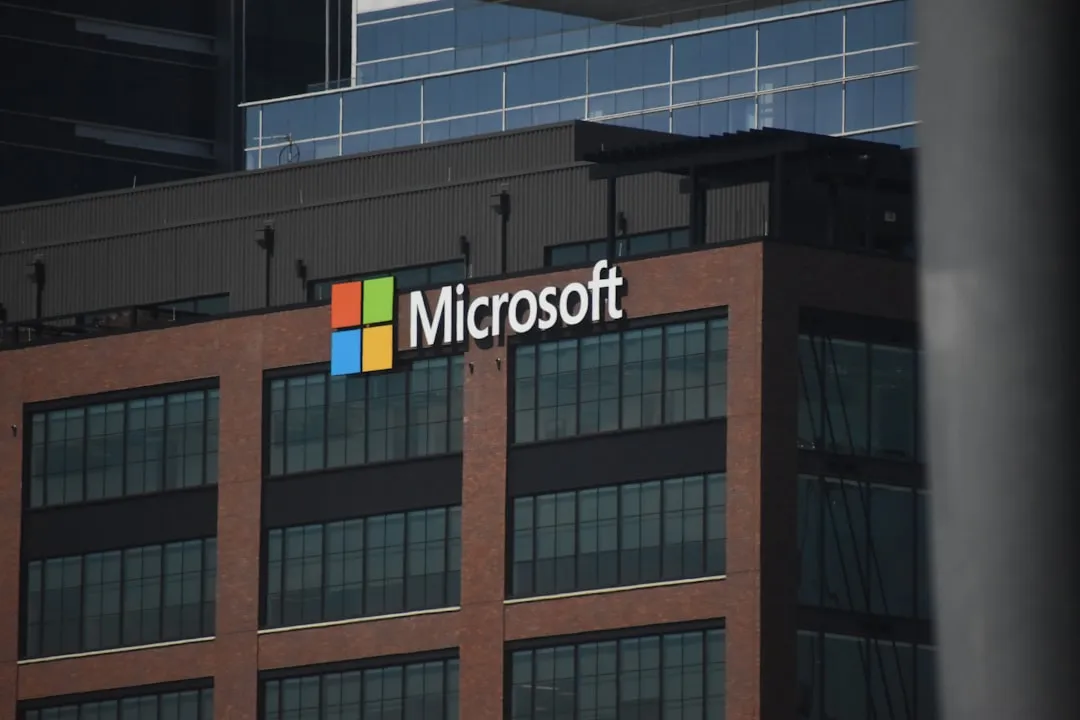


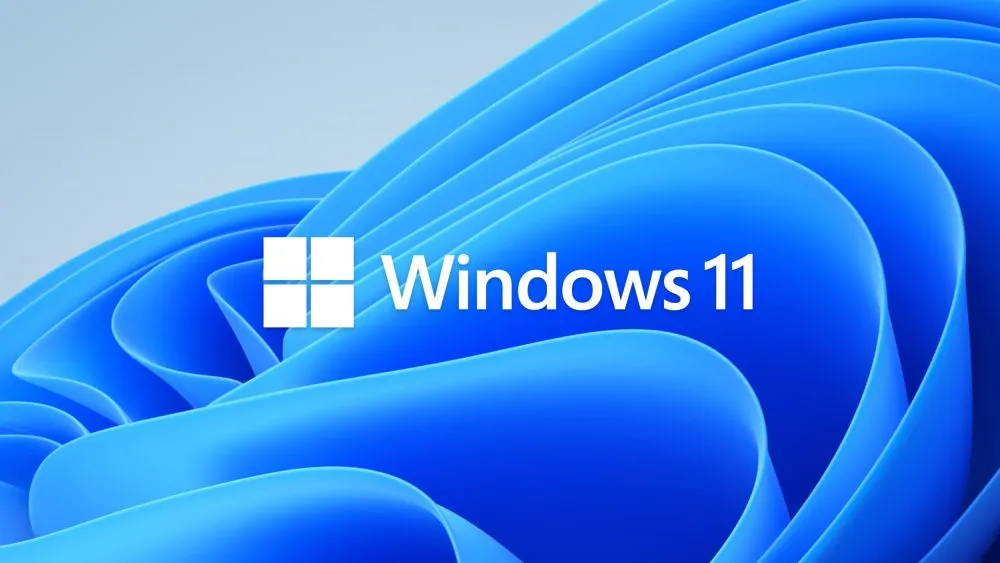
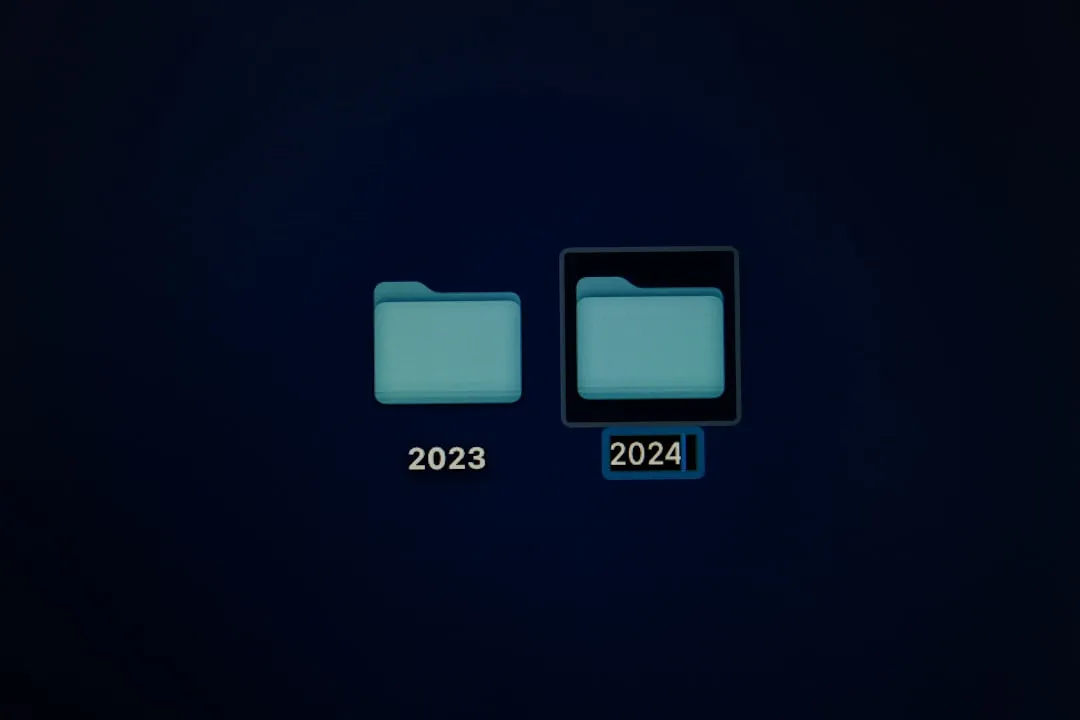

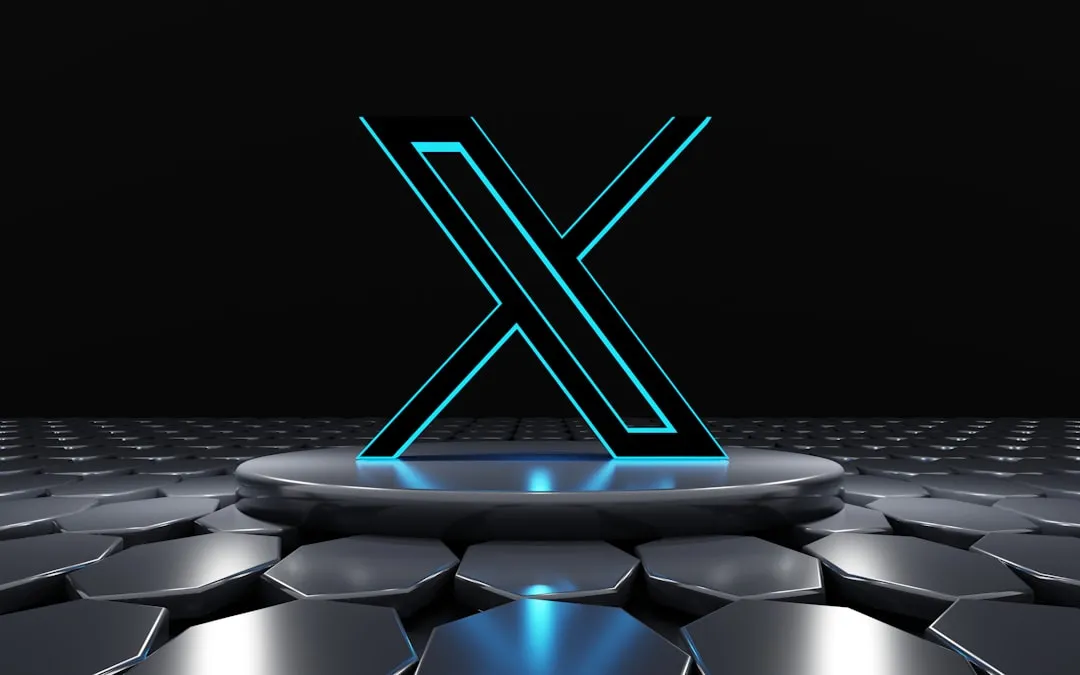


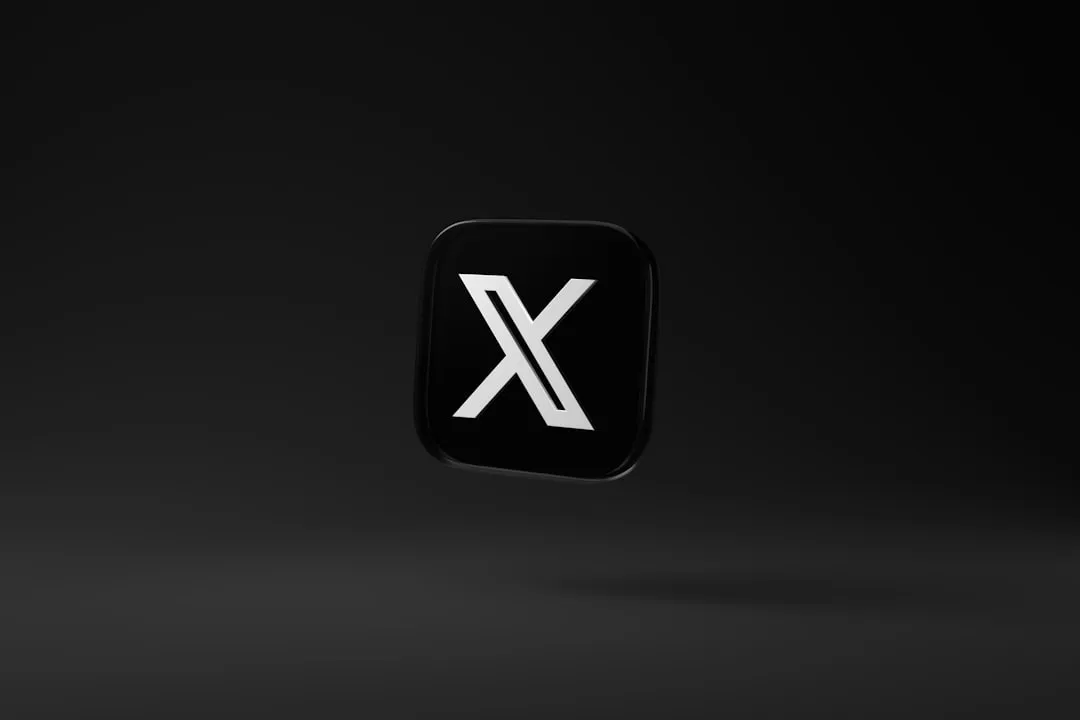



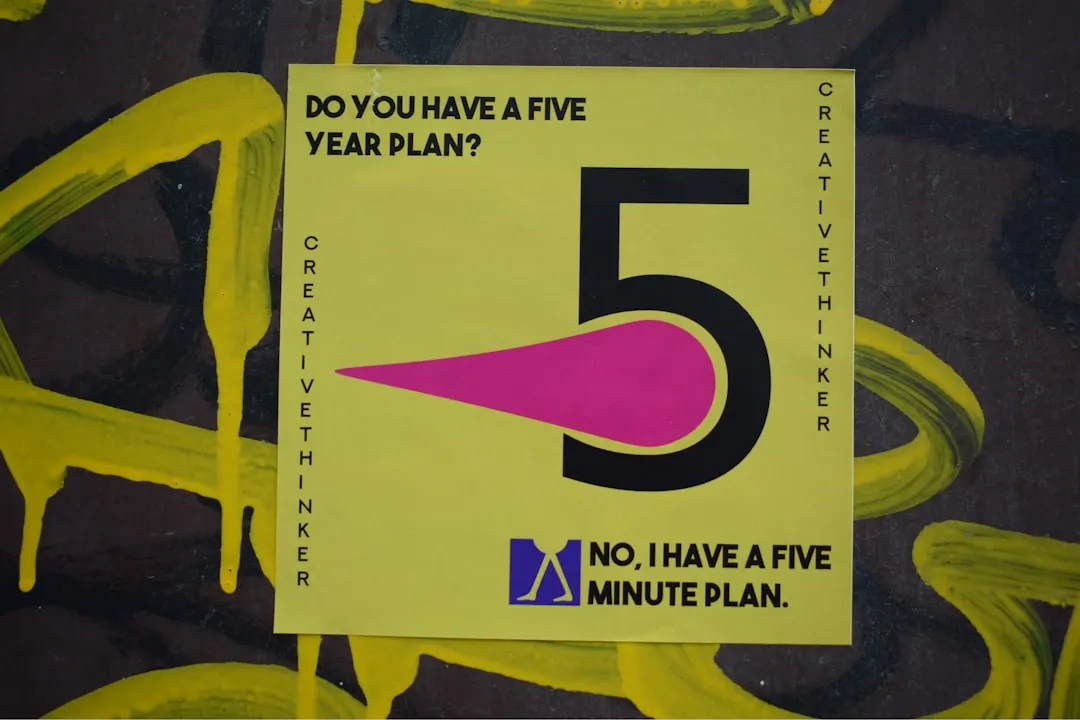

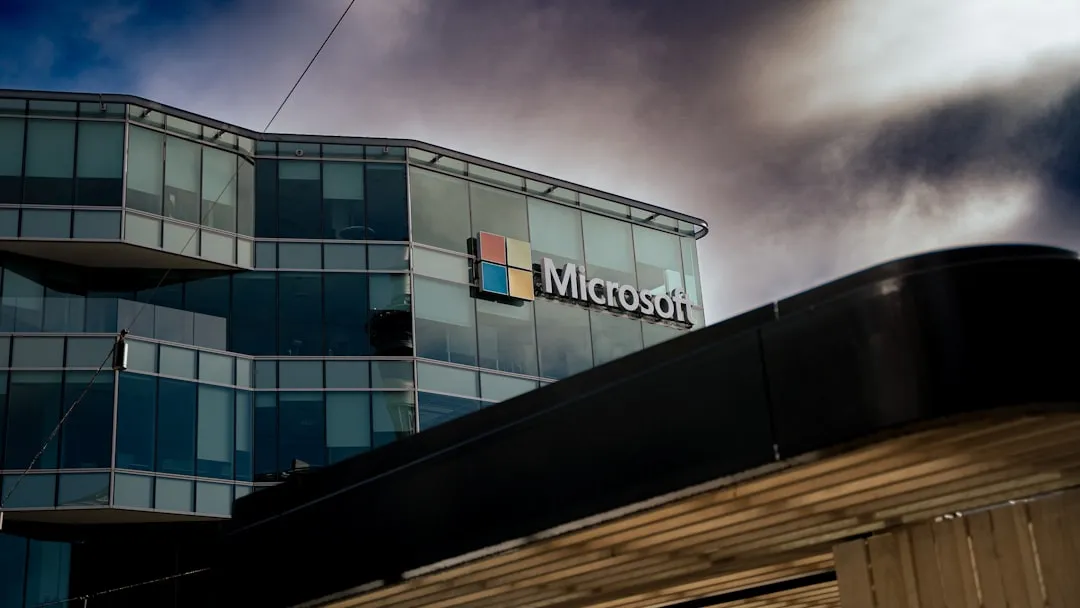


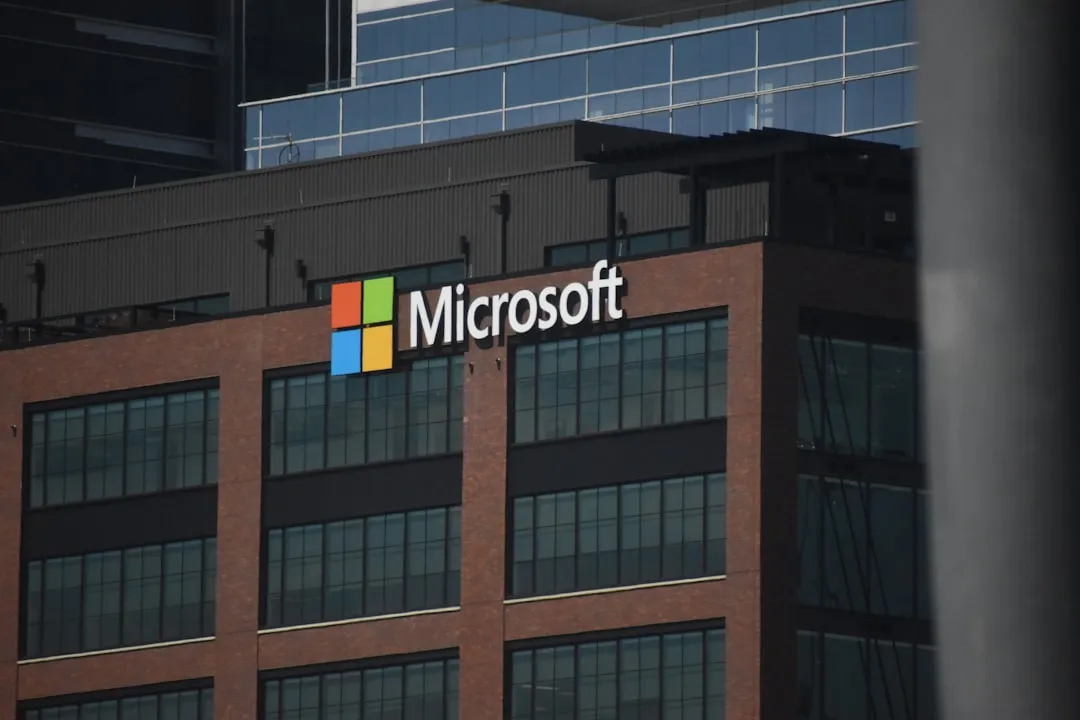
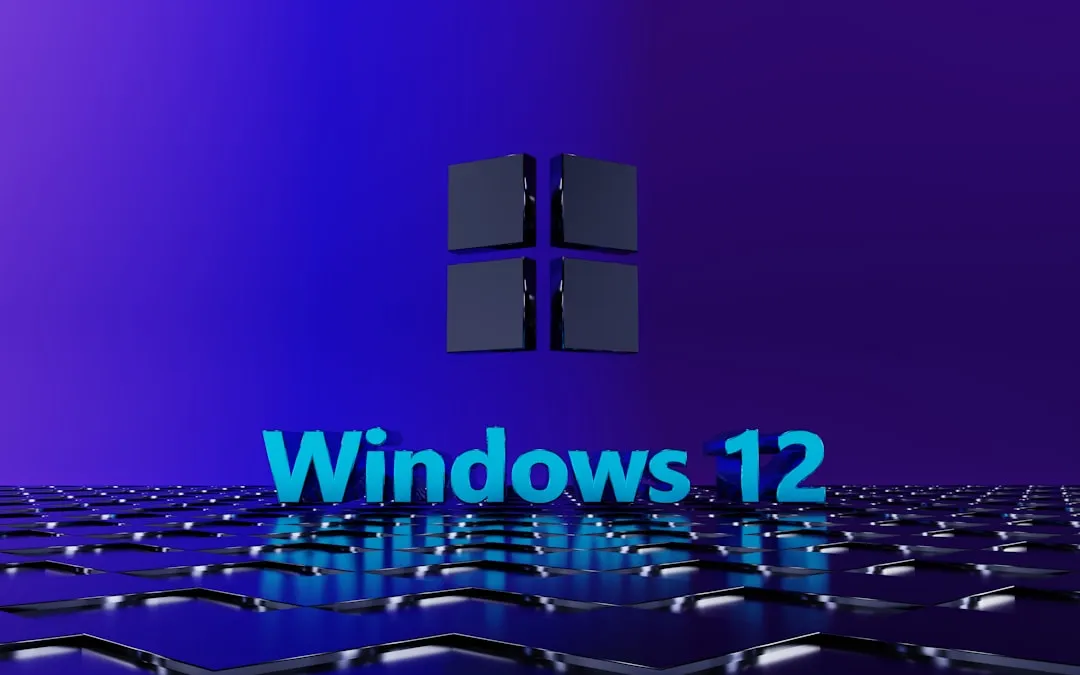
Comments
Be the first, drop a comment!